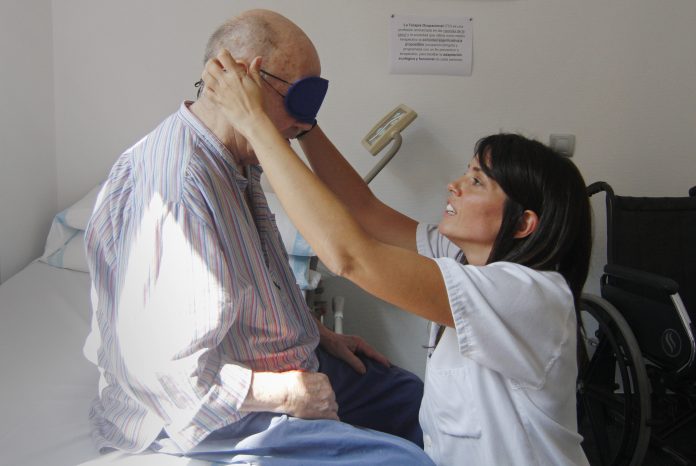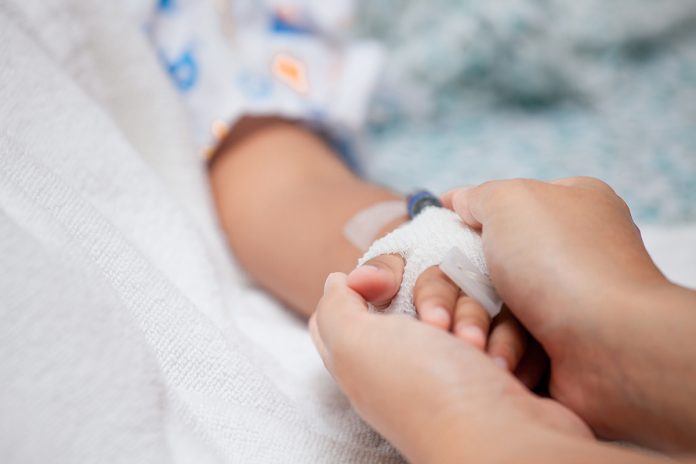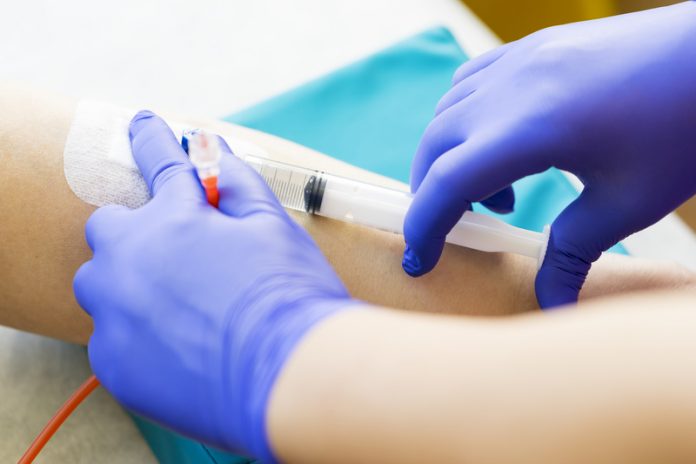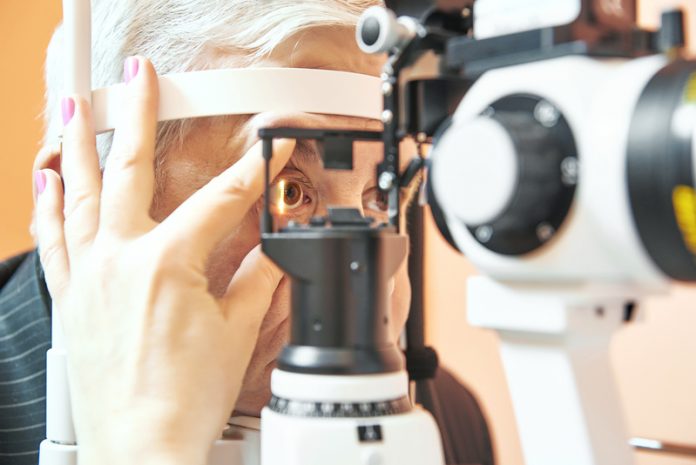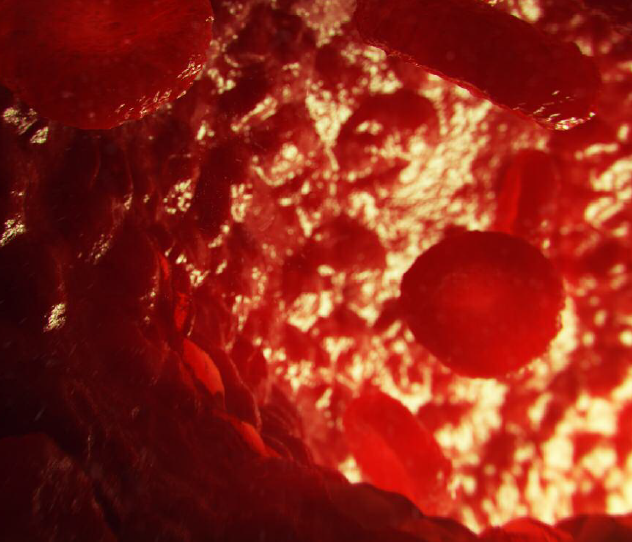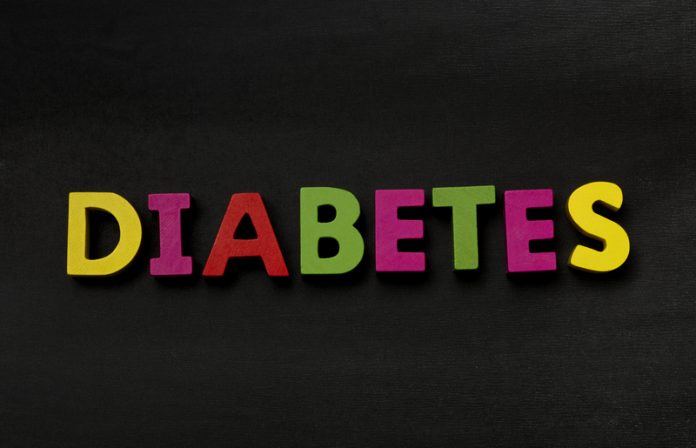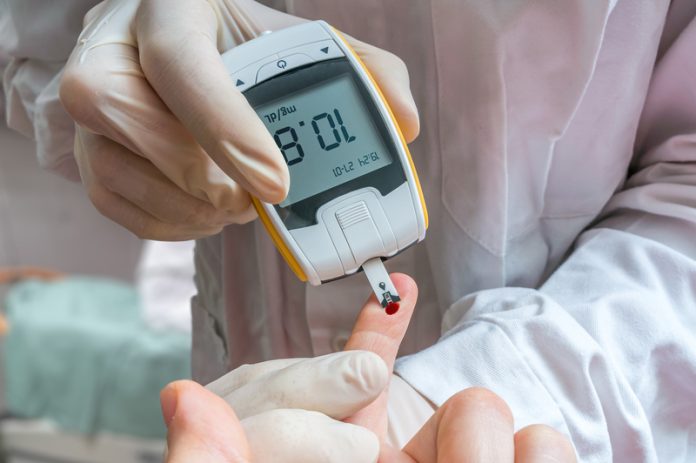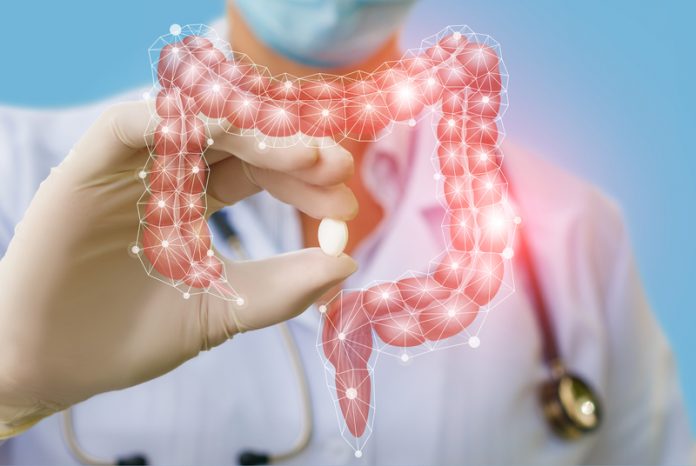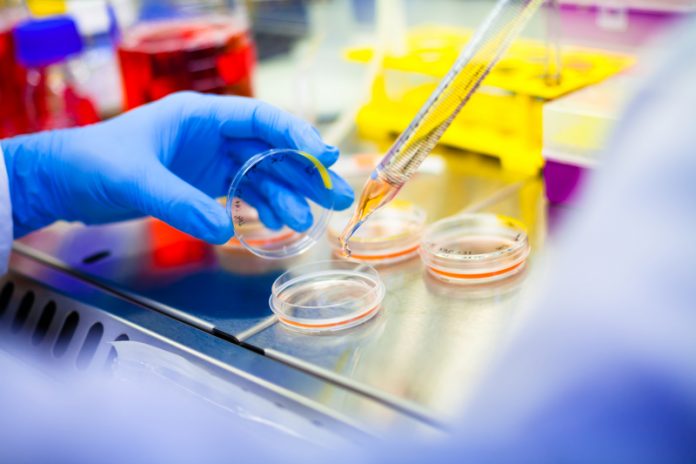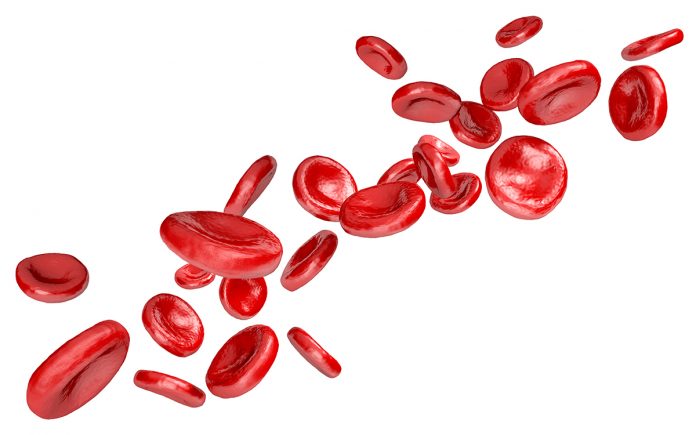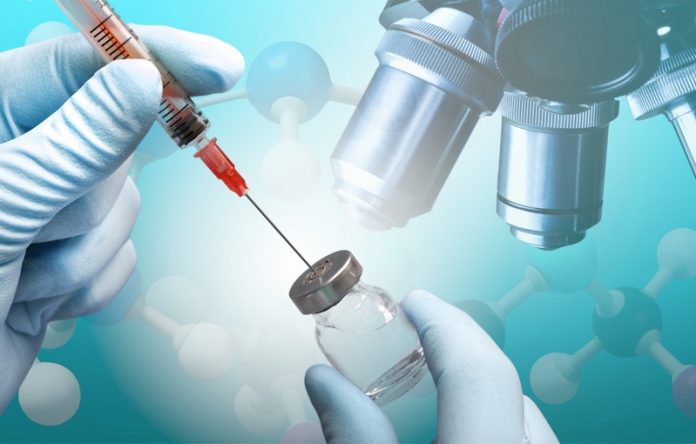Open Access Government produces compelling and informative news, publications, eBooks, and academic research articles for the public and private sector looking at health, diseases & conditions, workplace, research & innovation, digital transformation, government policy, environment, agriculture, energy, transport and more.
Home Search
Stem cell gene therapy - search results
If you're not happy with the results, please do another search
Stroke recovery: The exciting trends of the future
Steven A. Kautz, Professor at the Ralph H. Johnson VA Medical Center and the Medical University of South Carolina College of Health Professions gives a glimpse into the future trends for stroke recovery research.
Health research: Why can asthma still not be cured?
Prof Dr Michael Roth poses the big question about asthma and the lack of a cure, discussing the causes and medications used to help control it.
ChiLTERN: European project to improve outcome of children with liver cancer
In this analysis, Professor Keith Wheatley tells us about The ChiLTERN project, the most comprehensive research study ever undertaken in children’s liver cancer
Point-of-care devices technology for therapeutic drug monitoring in cancer treatment and beyond
Christian Siebel and Dott.ssa Bianca Posocco detail the work of DIACHEMO, a Euroepan project developing a platform technology for point-of-care devices for chemotherapeutics and other drugs.
Eye health progress and impact: Protecting and prolonging vision by research
To mark its 50-year anniversary, the National Eye Institute (NEI) takes stock of its progress in advancing vision research and developing new therapies to treat blinding diseases
Paediatric haematology research in the UK: Starting at the beginning
Why starting at the beginning is so important in paediatric haematology research in the UK is a point impressed on us by Dr Sujith Samarasinghe at Great Ormond Street Hospital, London and Grazina Berry, CEO of the Aplastic Anaemia Trust.
Health research: Why can asthma still not be cured?
Michael Roth, Research Group Leader at the University Hospital Basel explains what asthma is, its health impact and charts research landscape in the field.
Diabetic retinopathy research and thioredoxin-interacting protein (TXNIP)
When it comes to the field of diabetic retinopathy research, Dr Lalit Pukhrambam at Wayne State University is exploring ways to prevent blinding eye diseases due to diabetes by targeting a protein called thioredoxin-interacting protein (TXNIP). Gene therapy is, therefore, a promising option
Do we know the cause of asthma and COPD?
Michael Roth, Research Group Leader at the University Hospital Basel & University Basel share his expertise on asthma and COPD, the most prevalent chronic inflammatory diseases of the lung globally
Research into deafness, hearing loss and tinnitus: Towards a cure
Chief Executive for Action on Hearing Loss, Mark Atkinson charts the priorities for research into deafness, hearing loss and tinnitus towards a cure
Diabetes monitoring and drug delivery innovation fields: The scenario for big technology synergy
Cecilia Van Cauwenberghe from Frost & Sullivan’s TechVision Group provides a market perspective on the diabetes monitoring and drug delivery innovation fields and explains why these are a scenario for big technology synergy
Biology research: The state of health of the gut microbiome
Hannah M. Wexler, Professor at the Greater Los Angeles VA Health Care System and UCLA School of Medicine gives a fascinating glimpse into biology research that focuses on the state of health of the gut microbiome
Cardiovascular science: Novel advances in ischemic heart disease (IHD)
Novel advances in ischemic heart disease (IHD) are placed under the spotlight here by Luigi Marzio Biasucci MD from Fondazione Policlinico Universitario A Gemelli who specialises in cardiovascular science
Rebuilding tissues inside the human body
Scientific progress to grow new tissues outside of the human body led to first market approvals of living tissue-engineered implants
The creation of living tissues to replace or repair damaged tissues or organs in the human body has defied clinicians and researchers for centuries. Yet, only by the end of...
How can acupuncture help in the treatment of migraines
As migraine awareness week kicks off, Mark Bovey provides 7 reasons as to why acupuncture can help in the treatment of migraines
From molecule to medicine
A report this week from the Office of Health Economics (OHE) shows the amazing impact medicines have had on the NHS and more widely
Diabetes: A global epidemic, A local problem
Dr Eleanor D Kennedy, Research Manager at the Diabetes Research and Wellness Foundation explains why diabetes is a global epidemic and at the same time, a local problem
“Erythropoiesis in and out of the body”
Members of the RELEVANCE consortium – Anna Bogdanova, Francesca Aglialoro, Marieke von Lindern, Emile van Akker, Ashley Toye, and Pedro Moura – explain their thoughts on erythropoiesis, in and out of the body.
Diabetes: A paradigm case for rewarding innovation in value-based healthcare
Prof Dr Freimut Schliess, Director of Science & Innovation at Profil Institut für Stoffwechselforschung GmbH explains the important role of innovation when it comes to healthy living and active ageing, including his thoughts on the diabetes paradigm
Nanomedicines: Depicting human health risks hindering clinical translation
Cecilia Van Cauwenberghe from Frost & Sullivan shares her expertise on the world of nanomedicines, with a special focus on depicting human health risks hindering clinical translation.

